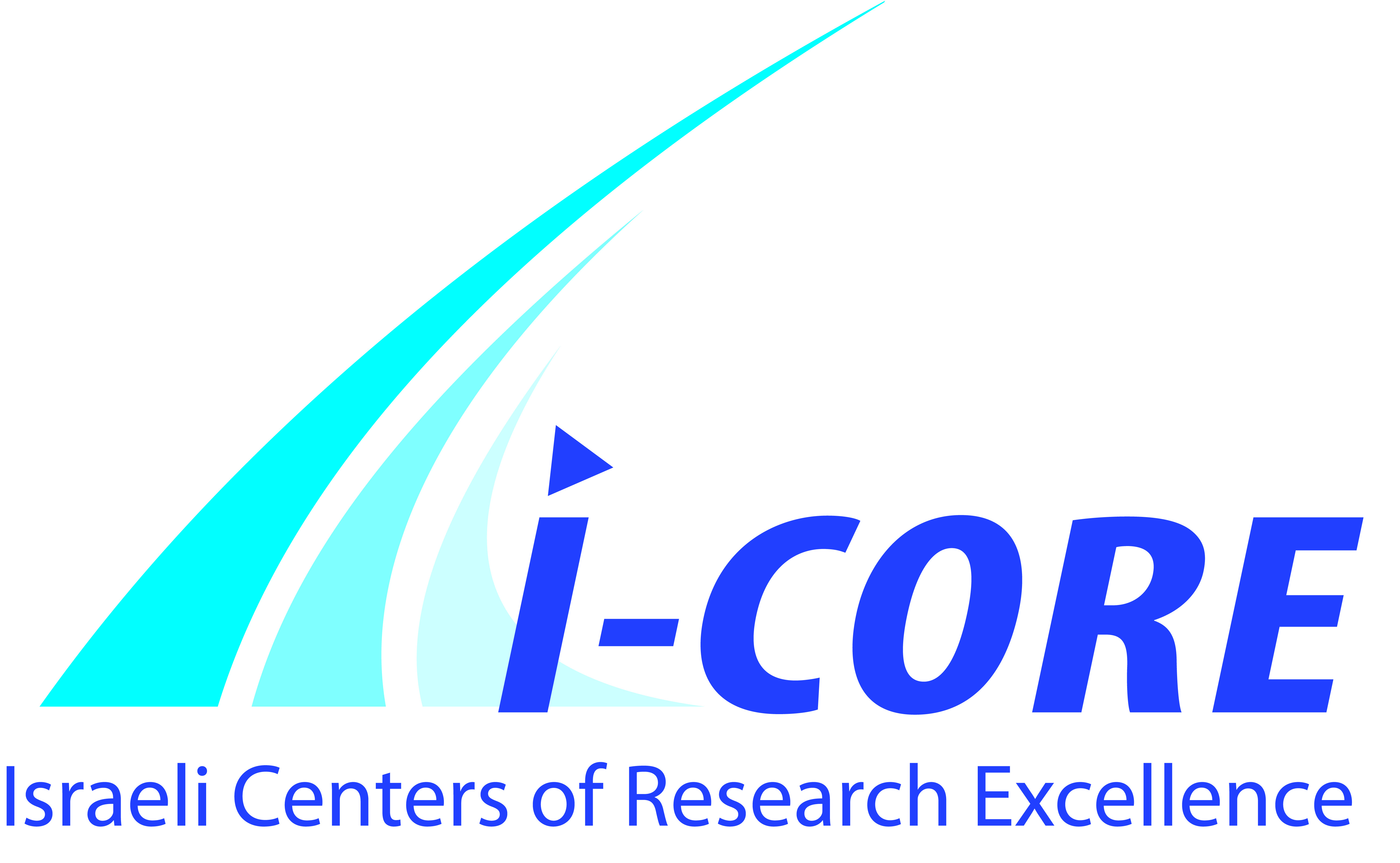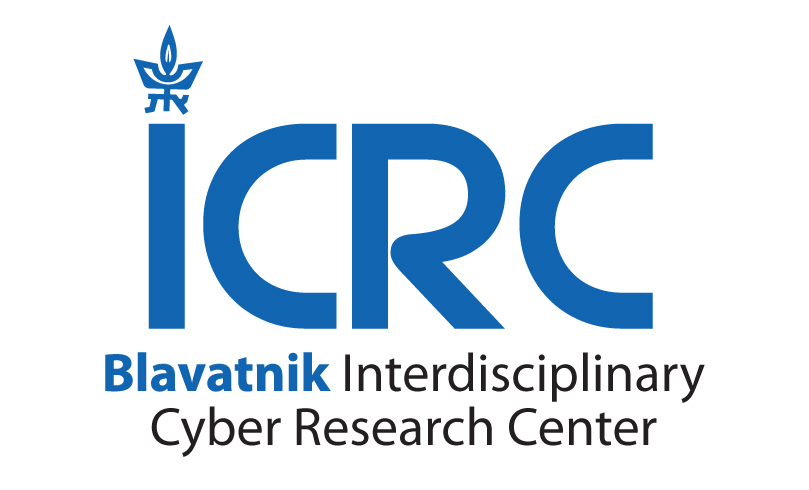TCC 2016-A: Accepted Papers
• On the Correlation Intractability of Obfuscated Pseudorandom Functions. Ran Canetti (Boston University and Tel Aviv University); Yilei Chen (Boston University); Leonid Reyzin (Boston University)
• On the Complexity of Additively Homomorphic UC Commitments. Tore Kasper Frederiksen (Aarhus University); Thomas P. Jakobsen (Aarhus University); Jesper Buus Nielsen (Aarhus University); Roberto Trifiletti (Aarhus University)
• The Complexity of Computing the Optimal Composition of Differential Privacy. Jack Murtagh (Harvard University); Salil Vadhan (Harvard University)
• Output-Compressing Randomized Encodings and Applications. Huijia Lin (UC Santa Barbara); Rafael Pass (Cornell University); Karn Seth (Cornell University); Sidharth Telang (Cornell University)
• Making the Best of a Leaky Situation: Zero-Knowledge PCPs from Leakage-Resilient Circuits. Yuval Ishai (Technion and UCLA); Mor Weiss (Technion); Guang Yang (Tsinghua University)
• Characterization of Secure Multiparty Computation Without Broadcast. Ran Cohen (Bar-Ilan University); Iftach Haitner (Tel-Aviv University); Eran Omri (Ariel University); Lior Rotem (Tel-Aviv University)
• On the Impossibility of Virtual Black-Box Obfuscation in Idealized Models. Mohammad Mahmoody (University of Virginia); Ameer Mohammed (University of Virginia); Soheil Nematihaji (University of Virginia)
• Impossibility of VBB Obfuscation with Ideal Constant-Degree Graded Encodings. Rafael Pass (Cornell University); abhi shelat (University of Virginia)
• Onion ORAM: A Constant Bandwidth Blowup Oblivious RAM. Srinivas Devadas (MIT); Marten van Dijk (UConn); Christopher W. Fletcher (MIT); Ling Ren (MIT); Elaine Shi (Cornell University); Daniel Wichs (Northeastern University)
• Contention in Cryptoland: Obfuscation, Leakage and UCE. Mihir Bellare (UCSD); Igors Stepanovs (UCSD); Stefano Tessaro (UCSB)
• Homomorphic evaluation requires depth. Andrej Bogdanov (Chinese University of Hong Kong); Chin Ho Lee (Northeastern University)
• Oblivious Parallel RAM: Improved Efficiency and Generic Constructions. Binyi Chen (UC Santa Barbara); Huijia Lin (UC Santa Barbara); Stefano Tessaro (UC Santa Barbara)
• Interactive Coding for Interactive Proofs. Allison Bishop (Columbia University); Yevgeniy Dodis (NYU)
• How to Avoid Obfuscation Using Witness PRFs. Mark Zhandry (MIT)
• Functional Encryption without Obfuscation. Sanjam Garg (UC Berkeley); Craig Gentry (IBM Research); Shai Halevi (IBM Research); Mark Zhandry (MIT)
• Rational Sumchecks. Siyao Guo (Chinese University of Hong Kong); Pavel Hubacek (Weizmann Institute of Science); Alon Rosen (IDC Herzliya); Margarita Vald (Tel Aviv University)
• On Constructing One-Way Permutations from Indistinguishability Obfuscation. Gilad Asharov (Hebrew University); Gil Segev (Hebrew University)
• From Private Simultaneous Messages to Zero-Information Arthur-Merlin Protocols and Back. Benny Applebaum (Tel Aviv University); Pavel Raykov (Tel Aviv University)
• Reconfigurable Cryptography: A flexible approach to long-term security. Julia Hesse (Karlsruhe Institute of Technology); Dennis Hofheinz (Karlsruhe Institute of Technology); Andy Rupp (Karlsruhe Institute of Technology)
• Order-Revealing Encryption and the Hardness of Private Learning. Mark Bun (Harvard University); Mark Zhandry (MIT)
• Algebraic partitioning: Fully compact and (almost) tightly secure cryptography. Dennis Hofheinz (Karlsruhe Institute of Technology)
• Cutting-Edge Cryptography Through the Lens of Secret Sharing. Ilan Komargodski (Weizmann Institute of Science); Mark Zhandry (MIT)
• Standard Security Does Imply Security Against Selective Opening for Markov Distributions.Georg Fuchsbauer (Institute of Science and Technology, Austria); Felix Heuer (Horst Görtz Institute for IT-Security, Ruhr-University Bochum); Eike Kiltz (Horst Görtz Institute for IT-Security, Ruhr-University Bochum); Krzysztof Pietrzak (Institute of Science and Technology, Austria)
• Deja Q: Encore! Un Petit IBE. Hoeteck Wee (ENS Paris)
• A Transform for NIZK Almost as Efficient and General as the Fiat-Shamir Transform Without Programmable Random Oracles. Michele Ciampi (DIEM, University of Salerno); Giuseppe Persiano (DISA-MIS, University of Salerno); Luisa Siniscalchi (DIEM, University of Salerno); Ivan Visconti (DIEM, University of Salerno)
• Optimal Amplification of Noisy Leakages. Stefan Dziembowski (University of Warsaw); Sebastian Faust (Ruhr University Bochum); Maciej Skorski (University of Warsaw)
• Two-Round Man-in-the-Middle Security from LPN. David Cash (Rutgers University); Eike Kiltz (Ruhr University Bochum); Stefano Tessaro (UC Santa Barbara)
• Non-Malleable Encryption: Simpler, Shorter, Stronger. Sandro Coretti (ETH Zurich); Yevgeniy Dodis (NYU); Björn Tackmann (UCSD); Daniele Venturi (Sapienza University of Rome)
• Functional Encryption for Turing Machines. Prabhanjan Ananth (UCLA); Amit Sahai (UCLA)
• Point-Function Obfuscation: A Framework and Generic Constructions. Mihir Bellare (UCSD); Igors Stepanovs (UCSD);
• Information-theoretic Local Non-malleable Codes and their Applications. Nishanth Chandran (MSR, India), Bhavana Kanukurthi (IISc), and Srinivasan Raghuraman (MIT)
• Perfect Structure on the Edge of Chaos - Trapdoor Permutations from Indistinguishability Obfuscation. Nir Bitansky (MIT); Omer Paneth (Boston University); Daniel Wichs (Northeastern University)
• Adaptive Security with Quasi-Optimal Rate. Brett Hemenway (UPenn); Rafail Ostrovsky (UCLA) ; Silas Richelson (MIT); Alon Rosen (IDC Herzliya)
• Multilinear Maps from Obfuscation. Martin R. Albrecht (Royal Holloway University London); Pooya Farshim (Queen's University Belfast); Dennis Hofheinz (Karlsruhe Institute of Technology); Enrique Larraia (Royal Holloway University London); Kenneth G. Paterson (Royal Holloway University London)
• Improved OR Composition of Sigma-protocols. Michele Ciampi (DIEM, University of Salerno); Giuseppe Persiano (DISA-MIS, University of Salerno); Alessandra Scafuro (Boston University and Northeastern University); Luisa Siniscalchi (DIEM, University of Salerno); Ivan Visconti (DIEM, University of Salerno)
• Verifiable Random Functions from Standard Assumptions. Dennis Hofheinz (Karlsruhe Institute of Technology); Tibor Jager (Ruhr-Universität Bochum)
• Optimal Computational Split-state Non-malleable Codes. Divesh Aggarwal (EPFL); Shashank Agrawal (UIUC); Divya Gupta (UCLA); Hemanta K. Maji (Purdue University); Omkant Pandey (UC Berkeley); Manoj Prabhakaran (UIUC)
• On the Hardness of Learning with Rounding over Small Modulus. Andrej Bogdanov (Chinese University of Hong Kong); Siyao Guo (Chinese University of Hong Kong); Daniel Masny (Ruhr-Universitat Bochum); Silas Richelson (MIT); Alon Rosen (IDC Herzliya)
• A Study of Pair Encodings: Predicate Encryption in Prime Order Groups. Shashank Agrawal (UIUC); Melissa Chase (MSR Redmond)
• Oblivious Parallel RAM and Applications. Elette Boyle (IDC Herzliya); Kai-Min Chung (Academica Sinica); Rafael Pass (Cornell University)
• Indistinguishability Obfuscation: from Approximate to Exact. Nir Bitansky (MIT); Vinod Vaikuntanathan (MIT)
• Simplified Universal Composability Framework. Douglas Wikström (KTH Royal Institute of Technology)
• Quasi-Linear Size Zero Knowledge from Linear-Algebraic PCPs. Eli Ben-Sasson (Technion); Alessandro Chiesa (UC Berkley); Ariel Gabizon (Technion); Madars Virza (MIT)
• Lower Bounds on Assumptions behind Indistinguishability Obfuscation. Mohammad Mahmoody (University of Virgina); Ameer Mohammed (University of Virginia); Soheil Nematihaji (University of Virginia); Rafael Pass (Cornell University); abhi shelat (University of Virginia)
• On Basing Cryptography on NP-hardness: The Case of Single-Server Private Information Retrieval. Tianren Liu (MIT); Vinod Vaikuntanathan (MIT)





